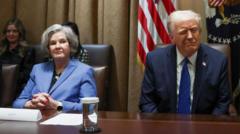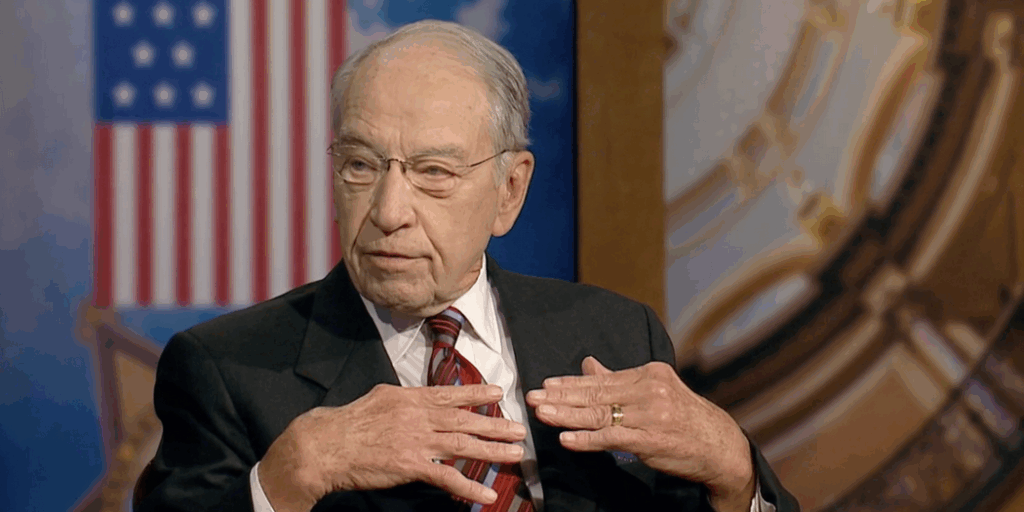Article text:
The FBI is currently investigating a cybersecurity breach linked to Susie Wiles, who serves as the White House chief of staff and is a close ally of former President Donald Trump. According to sources, efforts were made by unknown individuals to access Wiles' personal phone, leading to allegations of hacking. As reported by CBS, Wiles notified others that her phone had potentially been compromised after impersonators utilized her contacts to send messages to various high-profile officials.
Some recipients of these suspicious messages became aware of the situation when they were prompted to shift their conversation to another platform, specifically Telegram, prompting further scrutiny. The exact timeline of these communications remains unclear. The Wall Street Journal initially broke the story regarding both the incident and the ensuing FBI investigation.
This breach specifically targeted Wiles' personal device rather than her government-issued phone, highlighting potential vulnerabilities in personal cybersecurity practices. Notably, the compromised messages reportedly reached multiple U.S. senators, governors, and business leaders, raising alarms about the risks involved.
Wiles is recognized not just as the first female chief of staff for the White House but also as a significant architect behind Trump's electoral campaign strategies. Her connection to previous cybersecurity threats is notable; she was previously at the center of concerns concerning cyber espionage when three individuals tied to Iran's Revolutionary Guards faced indictment for orchestrating cyber attacks against her campaign team.
FBI Director Kash Patel firmly stated, "The FBI takes all threats against the President, his staff, and our cybersecurity with the utmost seriousness; safeguarding our administration officials' ability to securely communicate to accomplish the President's mission is a top priority." As this investigation unfolds, the implications for cybersecurity in political operations could be profound, prompting necessitated changes to how communications are managed within the government.
The FBI is currently investigating a cybersecurity breach linked to Susie Wiles, who serves as the White House chief of staff and is a close ally of former President Donald Trump. According to sources, efforts were made by unknown individuals to access Wiles' personal phone, leading to allegations of hacking. As reported by CBS, Wiles notified others that her phone had potentially been compromised after impersonators utilized her contacts to send messages to various high-profile officials.
Some recipients of these suspicious messages became aware of the situation when they were prompted to shift their conversation to another platform, specifically Telegram, prompting further scrutiny. The exact timeline of these communications remains unclear. The Wall Street Journal initially broke the story regarding both the incident and the ensuing FBI investigation.
This breach specifically targeted Wiles' personal device rather than her government-issued phone, highlighting potential vulnerabilities in personal cybersecurity practices. Notably, the compromised messages reportedly reached multiple U.S. senators, governors, and business leaders, raising alarms about the risks involved.
Wiles is recognized not just as the first female chief of staff for the White House but also as a significant architect behind Trump's electoral campaign strategies. Her connection to previous cybersecurity threats is notable; she was previously at the center of concerns concerning cyber espionage when three individuals tied to Iran's Revolutionary Guards faced indictment for orchestrating cyber attacks against her campaign team.
FBI Director Kash Patel firmly stated, "The FBI takes all threats against the President, his staff, and our cybersecurity with the utmost seriousness; safeguarding our administration officials' ability to securely communicate to accomplish the President's mission is a top priority." As this investigation unfolds, the implications for cybersecurity in political operations could be profound, prompting necessitated changes to how communications are managed within the government.























